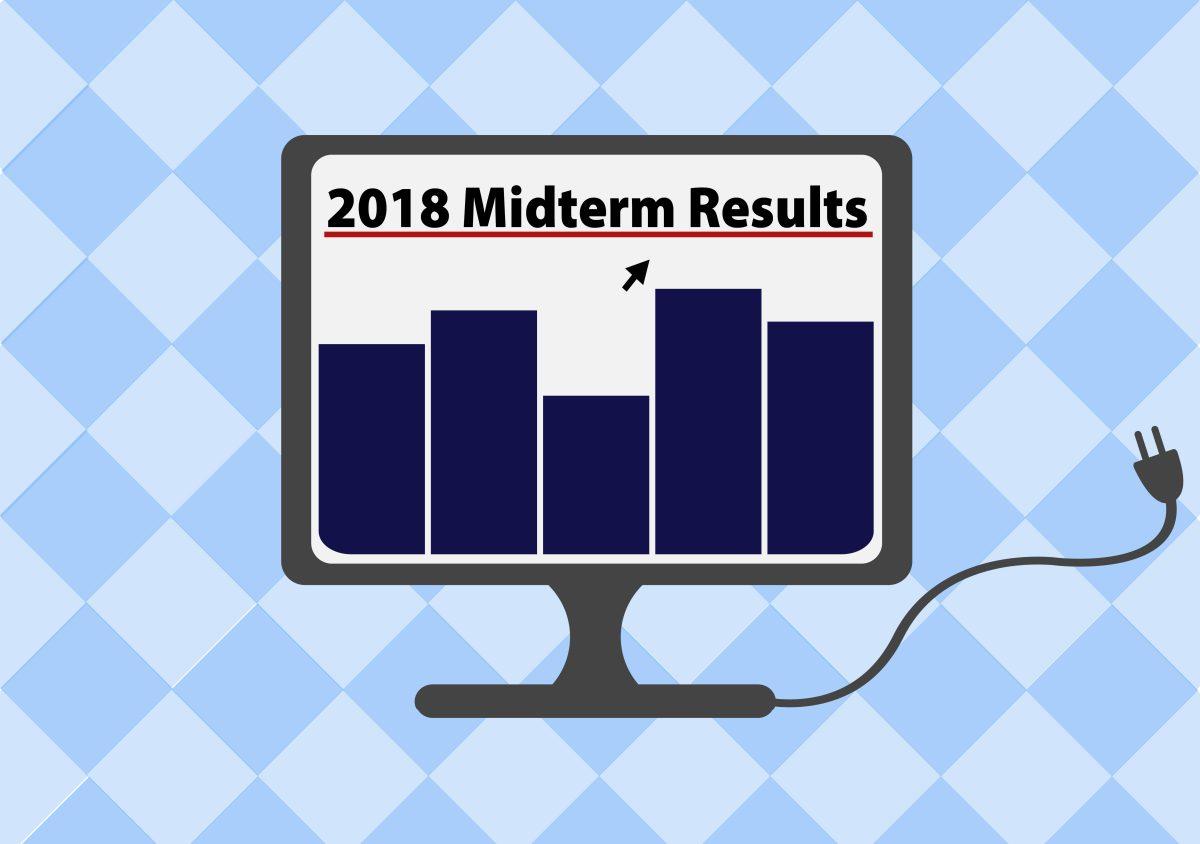A week after the 2018 midterms, results continue to trickle in from California and heated recounts in Florida. Yet it’s been clear since Tuesday that Democrats won the House of Representatives, while Republicans kept the Senate. Although not the tsunami Democrats had hoped for, the blue wave of 2018 has greatly empowered Democrats in the mission of protecting the country from the most dangerous elements of Trump’s agenda.
Although young voters favored Democrats by about two-to-one this year, they should not become complacent with this result and assume their interests will be well represented by the current House. NC State students especially need to make sure that they pay attention to the actions of elected officials while in office and remind them that we need progress on issues ranging from climate change to economic justice, not just opposition to Trump.
The blue wave was built off an intensely diverse coalition of voters, but of these one of the most decisive groups was young voters, who turned out at historic levels. According to U.S. News, youth turnout reached 31 percent, 10 points higher than in 2014. These turnout numbers are far from ideal, seeing as the election saw a 49 percent turnout overall, but they represent a significant improvement in the political engagement of young people over previous midterms.
That said, students need to do more than vote if we want to see change in our communities. The U.S. Congress is infamous for its slow, meandering policy process, and while this snail-crawl may have worked in previous years, we have a new and eye-opening deadline in 2030 for taking serious action on climate change.
We have to contact our elected representatives, both on the national level and on the state level, and demand that they work across the aisle to pass bold policies to curb our carbon emissions. A little-known fact about North Carolina is that we have the second-highest solar energy production of any state in the nation, but our wind production lags far behind.
Governor Roy Cooper just issued an executive order pushing the state to develop its renewable infrastructure, and with the GOP supermajorities in the General Assembly newly broken, now is the perfect time for Democrats to force Republicans to work with them to pass good policies, as Republicans will no longer be able to override Cooper’s veto.
Although climate change is an imminent and existential threat, that doesn’t mean fighting it has to be all doom and gloom. The development and construction of green infrastructure is a great way of creating jobs at all skill levels, but especially for NC State students involved in climate or energy research.
Although concern for the environment is a widely popular position, progress in our wildly polarized governing bodies is no sure thing. Students need to make their voice heard on the issues that will most impact them: the health of the globe, access to new, high-paying jobs and fighting student loan debt, among others.
We have historically let older generations wield far too much power over our future simply because they spend more time and effort on politics than we do. The midterm election demonstrated we may be waking up to this fact, but to really expand our influence, we need to keep it up throughout the year.














